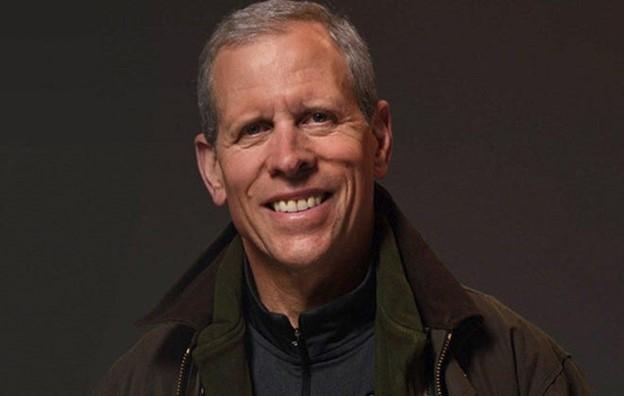Paul Mango, a distinguished figure in American healthcare policy, passed away unexpectedly at the age of 65, leaving behind a legacy of public service, private sector achievement, and a profound commitment to improving the American healthcare system. His career trajectory, spanning from military service to high-ranking government positions and leadership in the private sector, exemplified a dedication to applying his considerable talents to complex challenges. Mango’s impact resonated across diverse spheres, from the development and rapid deployment of the COVID-19 vaccine through Operation Warp Speed to his influential perspectives on healthcare policy, which emphasized private sector dynamism, minimized bureaucratic interference, and prioritized patient empowerment.
Mango’s journey began with a distinguished military career, graduating as a Distinguished Cadet from West Point and serving in the U.S. Army. He then honed his business acumen at Harvard Business School, earning an MBA, before embarking on a successful two-decade tenure at McKinsey & Company. There, he demonstrated entrepreneurial foresight by establishing and expanding the firm’s healthcare practice. This experience provided him with invaluable insights into the intricacies of the healthcare industry, preparing him for his subsequent roles in government. His contributions to the public sector culminated in his position as Deputy Chief of Staff for Policy at the U.S. Department of Health and Human Services (HHS) and Chief of Staff at the Centers for Medicare and Medicaid Services (CMS).
Beyond his professional accomplishments, Mango’s character was marked by humility and a genuine desire to mentor and support others. He readily shared his expertise and insights with students and junior colleagues, generously offering his time and guidance. His guest lectures at the Johns Hopkins Carey Business School, where he shared his experiences and perspectives on leadership, teamwork, and the complexities of the U.S. healthcare system, left a lasting impression on aspiring healthcare professionals. His willingness to engage with students on a personal level, answering their questions with detail and respect, underscored his commitment to fostering the next generation of healthcare leaders. This commitment extended beyond the classroom, as he readily provided feedback on publications and shared his own work with those seeking to contribute to the field.
Central to Mango’s vision for healthcare was an unwavering belief in the power of the American private sector. He argued that the ingenuity, innovation, and adaptability of private enterprise were essential to addressing the nation’s most pressing healthcare challenges. He viewed the private sector as a dynamic engine of growth and prosperity, capable of generating solutions and driving progress in ways that government bureaucracy often hindered. This conviction informed his policy perspectives, emphasizing the need for government to create an environment that fostered private sector innovation rather than stifling it with excessive regulation and bureaucratic obstacles.
Mango’s emphasis on private sector dynamism was coupled with a deep concern about the negative impact of bureaucratic friction. He argued that excessive regulation and bureaucratic hurdles hindered innovation and impeded the ability of the private sector to respond effectively to healthcare needs. He advocated for policies that minimized bureaucratic interference, streamlining processes and creating incentives for private sector engagement in developing and delivering healthcare solutions. He believed that by removing unnecessary obstacles, the government could unlock the full potential of the private sector to drive progress and improve healthcare outcomes.
Furthermore, Mango championed the importance of patient empowerment in achieving a healthier America. He recognized that individuals, when given the autonomy to choose their healthcare options, control over their healthcare dollars, and incentives for healthy behaviors, were better equipped to manage their own health. He was an early critic of the Affordable Care Act, arguing that its approach, which in his view limited patient choice and control, would lead to unaffordable premiums for many working-class Americans. His advocacy for patient empowerment reflected a deep understanding of the importance of individual agency in healthcare decision-making and a belief that patients, when properly informed and empowered, could play a vital role in improving their own health and well-being.
In conclusion, Paul Mango’s untimely passing represents a significant loss to the healthcare policy community. His contributions, spanning decades of service in both the public and private sectors, have left an indelible mark on American healthcare. He was a champion of private sector innovation, a critic of bureaucratic overreach, and a staunch advocate for patient empowerment. His legacy serves as an inspiration to those working towards a healthier America, reminding us of the importance of fostering innovation, minimizing bureaucratic obstacles, and empowering individuals to take control of their own health. His dedication to public service, combined with his business acumen and unwavering commitment to improving healthcare, will continue to inspire future generations of healthcare leaders.



